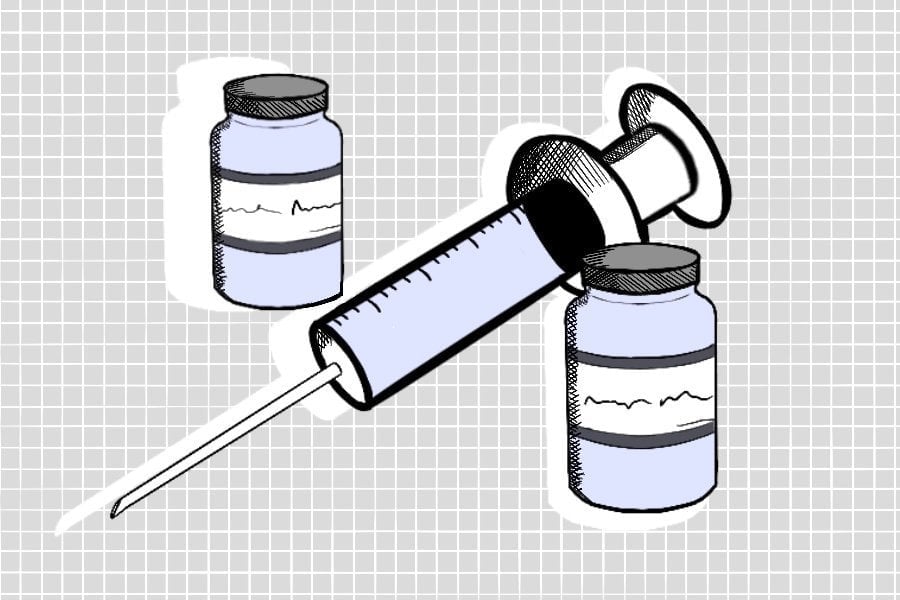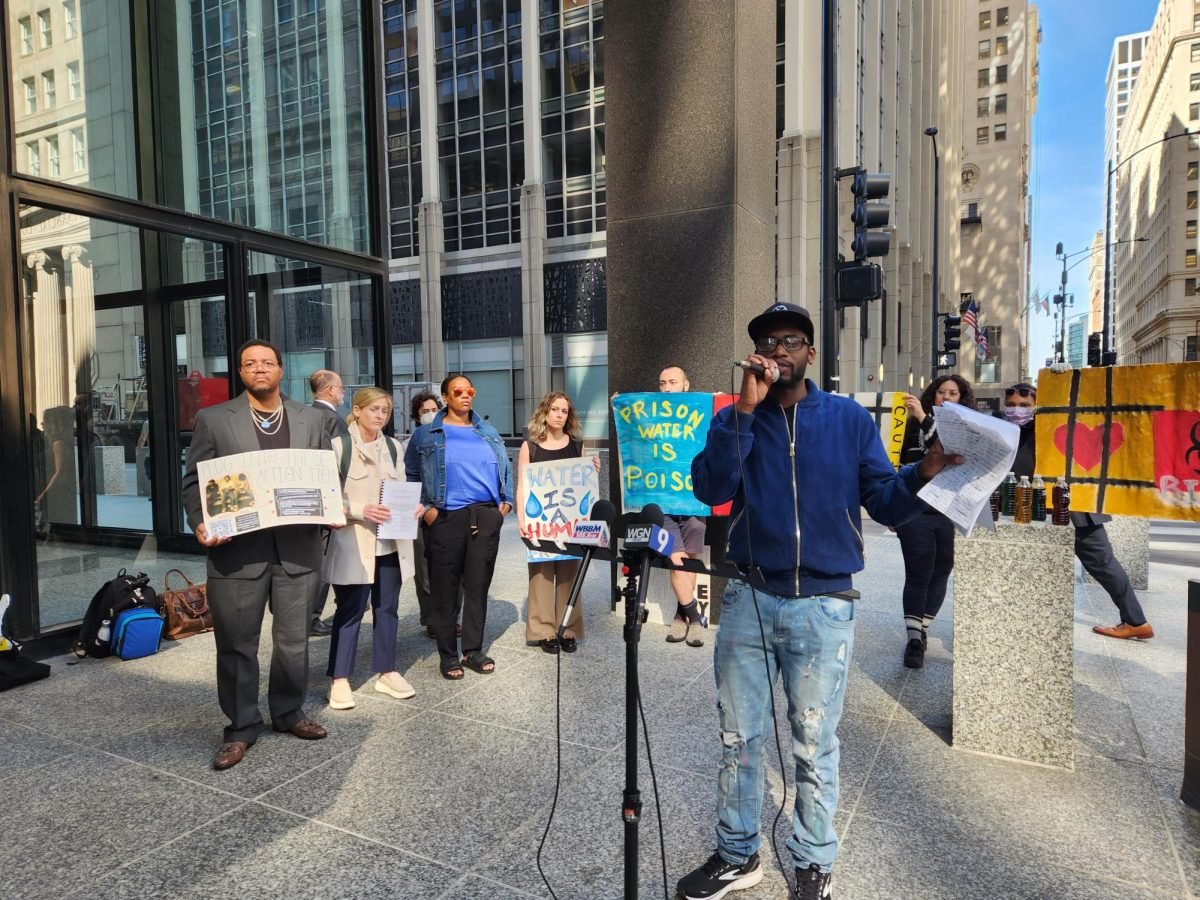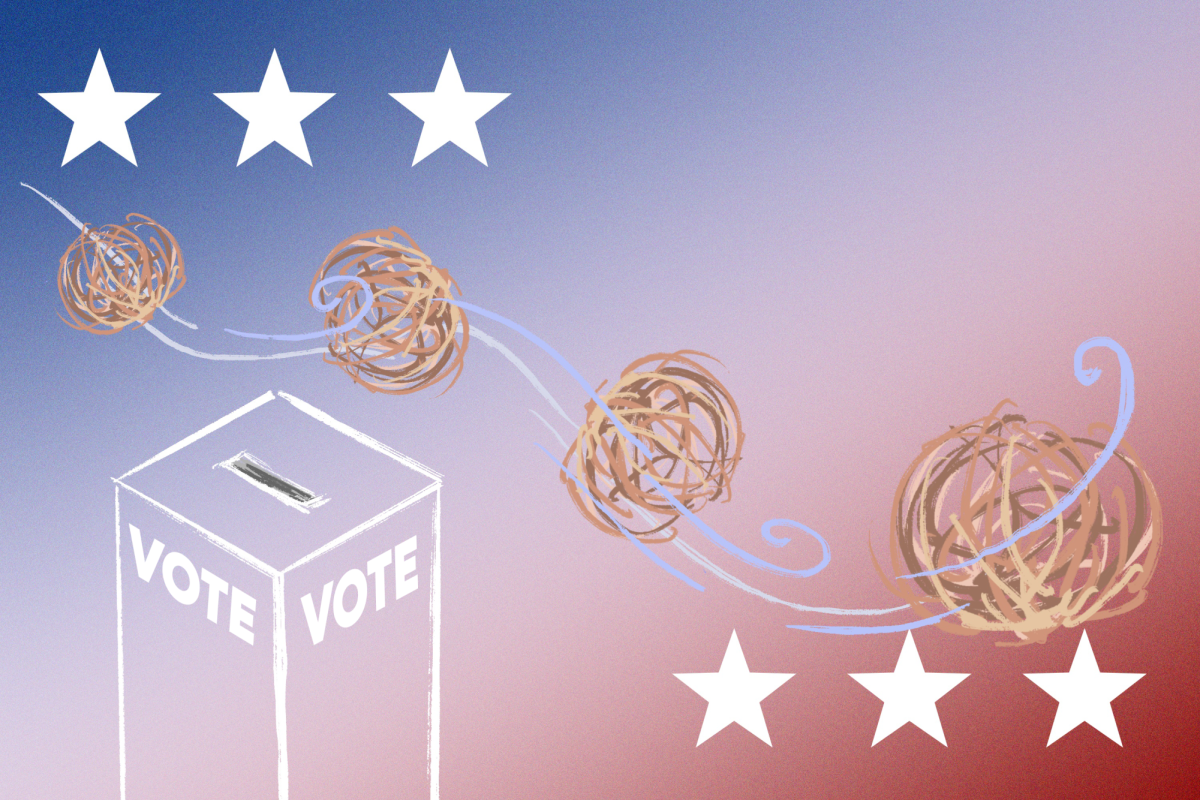Evanston has not been affected by the rise of moderate flu cases in Illinois this year, city health department director Evonda Thomas told The Daily on Wednesday.
Illinois has been one of the states hit hardest by the flu this year, said Melaney Arnold, spokesman for the Illinois Department of Public Health. As of early March, nearly 40 people had been admitted to intensive care units in Illinois hospitals due to confirmed cases of influenza.
“Our general information indicates that there are various factors on how the flu season is caused in a given area,” Arnold said. “It’s hard to pinpoint what are the factors that caused the flu cases this time.”
The number of cases might be even higher, Arnold said, because of infections that went unreported when infected people did not visit a doctor.
Despite the low number of flu cases in Evanston, Thomas said the city is responding by promoting healthy living, particularly this week, which is National Public Health Week.
“Evanston’s main goal is to educate the population and alert them of where to get available vaccines,” Thomas said.
This fall, Evanston Hospital prepared for the flu season by offering vaccines and providing information on how to prevent the flu, said Tracy Swiatek, the hospital’s concierge representative.
“We advise that everyone who is six months of age or older should get vaccinated,” Swiatek said.
The hospital’s preparations came early, but this year marked the latest start to any flu season since 1987-1988, according to a HealthDay News article published Feb. 23.
Rick Jones, director of communications for Centers for Disease Control and Prevention, said March is an odd time for the flu season to peak. He said lab-confirmed cases of influenza have now been spotted in all 50 states.
“Most of our CDC graphs indicate months like December, January and February are the common months to experience a peak in the flu system,” Jones said. “Usually, the flu drops in March instead of rising.”
Arnold said people can take preventative measures to avoid contracting or spreading the flu.
“The first thing that people should do is get the influenza vaccine,” Arnold said. “Even if they got it last year, vaccines can change, so people need to get it annually. The other simple things they can do are clean their hands for 20 seconds, cover their coughs and stay at home if they get sick.”













